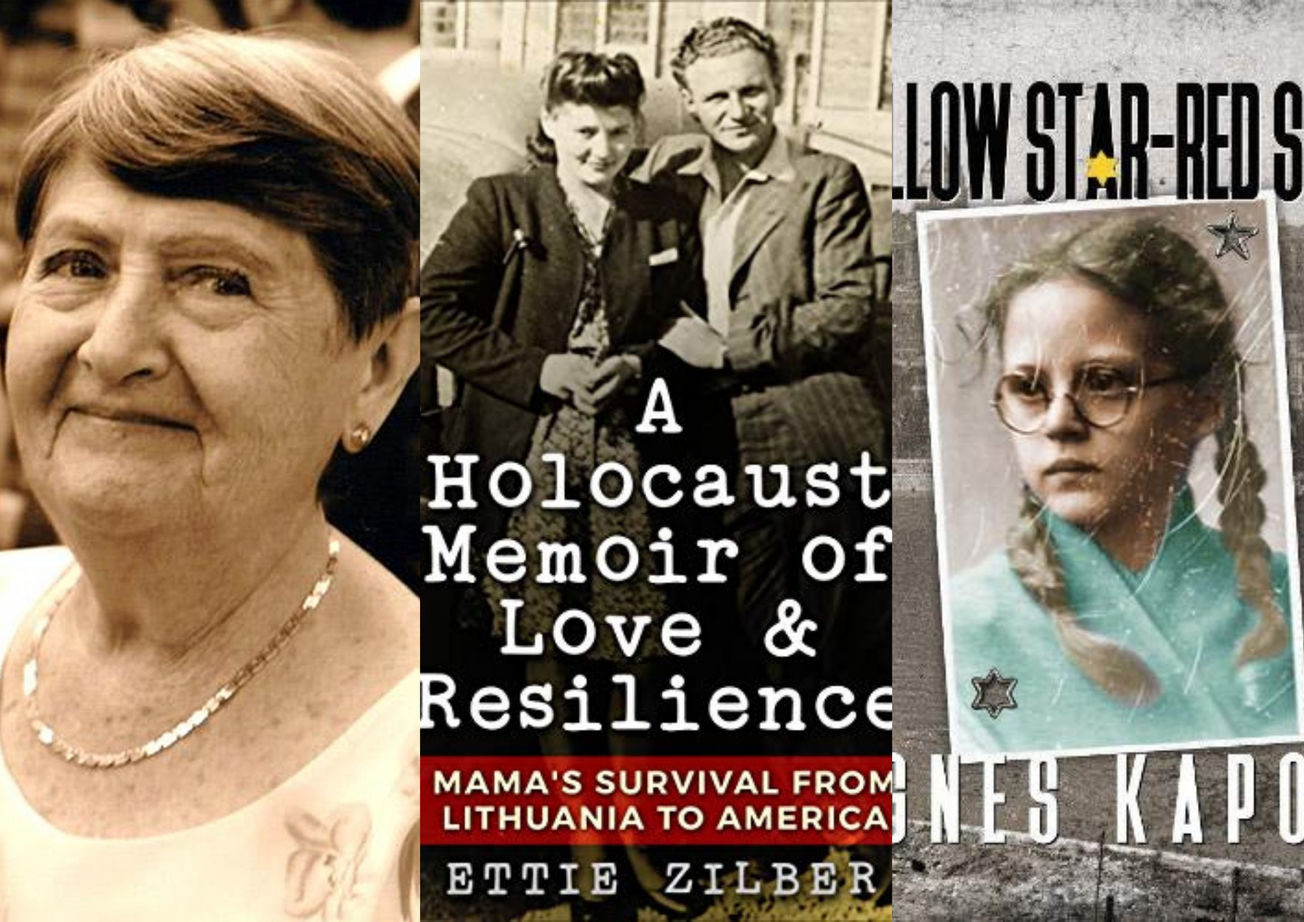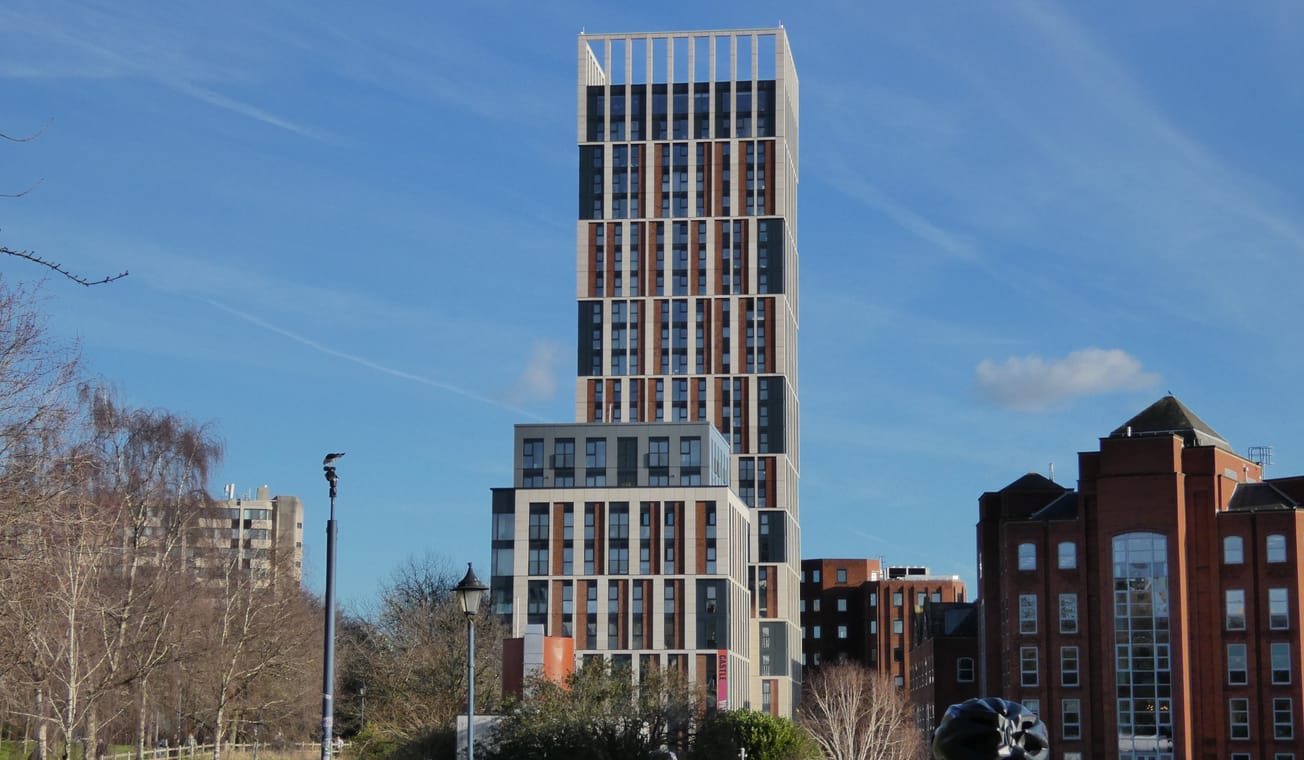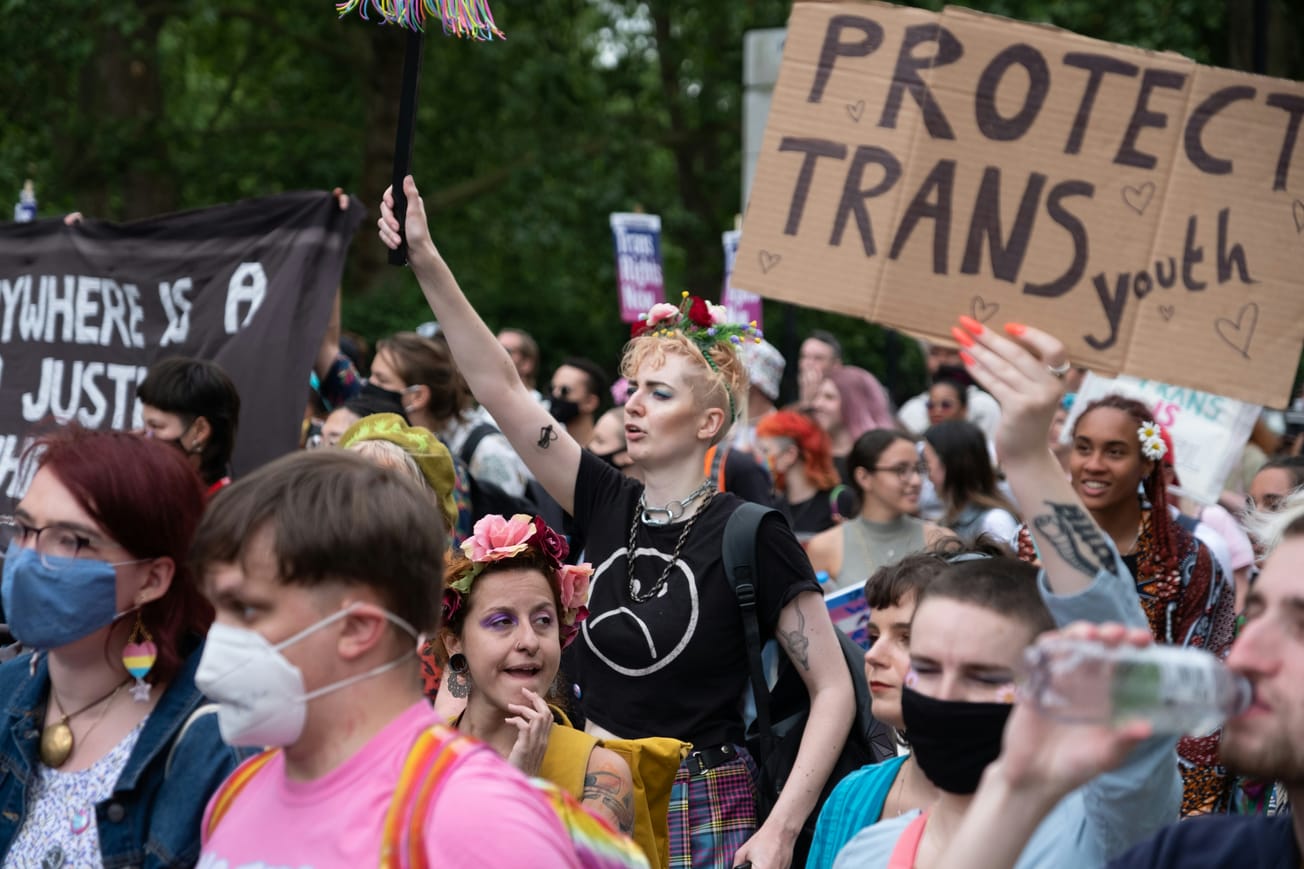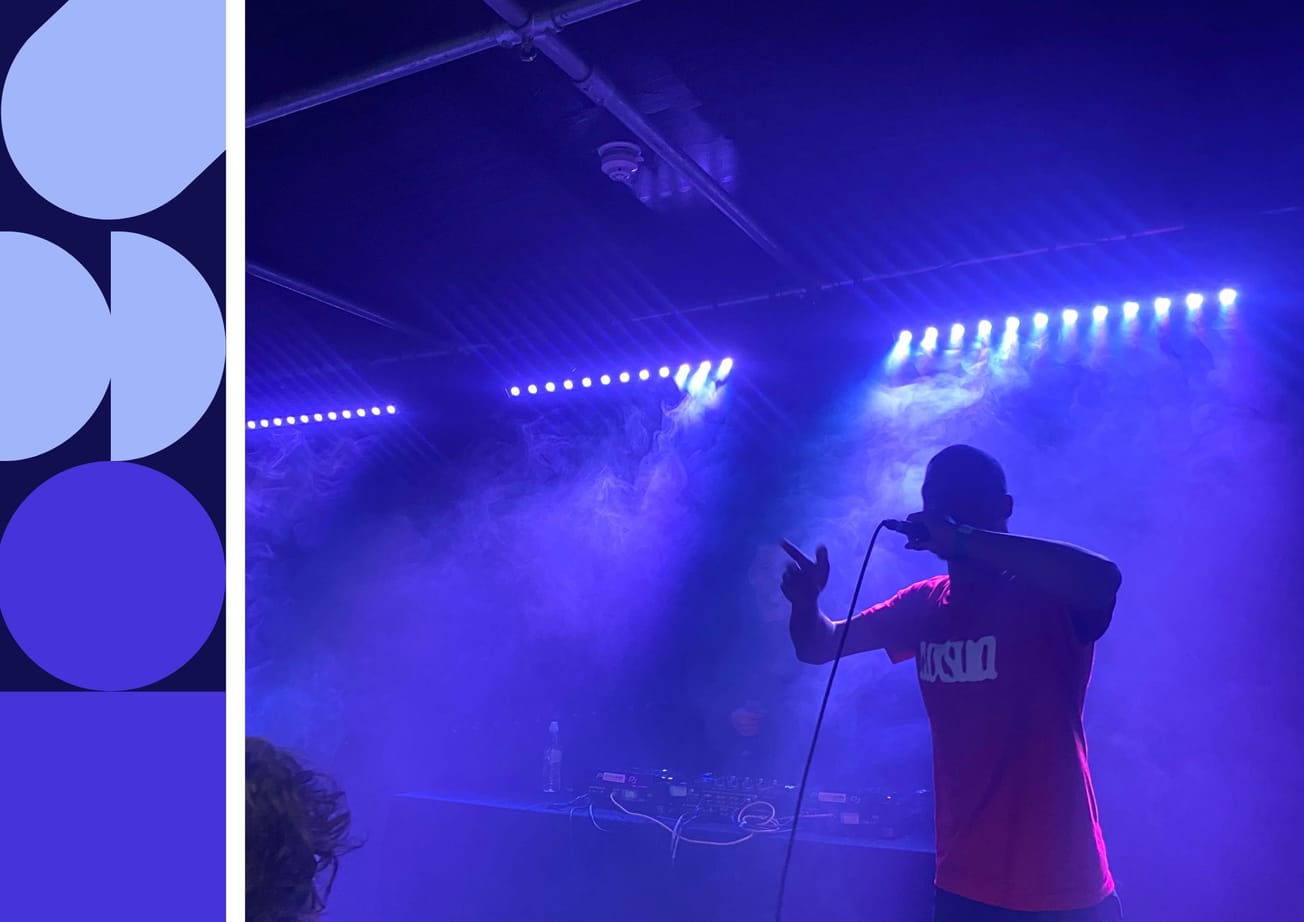By Noa Blane Damelin, Digital Features Editor
Holocaust Memorial Day serves as an annual reminder in the UK to pause and engage with remembering the Shoah. This year it is more important than ever before, but at the same time we must reflect on the fact that no single day of commemoration can ever be truly sufficient.
As the Holocaust slips further from living memory and the number of survivors dwindles with every passing year, it feels more important than ever before to listen to Holocaust survivors’ testimonies while we still can.
‘Whoever listens to a witness, becomes a witness’ said the late Holocaust survivor, psychologist and author Elie Wiesel.
Have you seen that we have launched our resources for HMD 2021?
— H.E.T. (@HolocaustUK) January 21, 2021
This year's theme is 'Be the Light in the Darkness'. Check out https://t.co/mkIc7ZVYRJ for useful readings, teaching resources, the opportunity to take part in our webcast and more. pic.twitter.com/hSyJBqbPxQ
Listening to survivor testimony acts as both an exercise in oral history – a transmission of knowledge from one human to another – and, perhaps more meaningfully on the personal level, it is an incredibly powerful and moving experience for anyone who listens.
Engaging with the Holocaust, recognising and marking it, is perhaps more important than ever before as levels of anti-Semitism in 2020 continued to rise again in the UK. Scarily, the pandemic has given rise to more online anti-Semitic conspiracy theories than ever before, from tropes that the virus is a ‘Jewish virus’ to the horrifying ‘Holocough’ - a plan to infect as many Jews as possible in order to wipe them out.
Anti-Semitic incidences have been particularly prevalent on University campuses around the UK for years now. The Union of Jewish Students (UJS) reported last year that antisemitic incidents at UK universities rose by 38 percent year-on-year in the first six months of 2020 alone – despite the term being cut short in March.
Jewish students in 2020 saw the University of Warwick refuse to fire a lecturer for making comments about an ‘Israel lobby’ supposedly trying to undermine the Labour Party, halls at the University of Leeds graffitied with swastikas, and the University of Bristol’s very own David Miller caused controversy after Jewish students raised issue and the Community Safety Trust (CST) officially registered a complaint about his teaching anti-Semitic tropes in lectures.
THREAD: What do British people think about #Jews ⁰and how do British Jews feel about #antisemitism?
— Campaign Against Antisemitism (@antisemitism) January 17, 2021
To find out, we asked @KingsCollegeLon and @YouGov to survey British adults, and we surveyed British Jews… /1 pic.twitter.com/G4h7uU0Egj
When approached for comment about rising levels of antisemitism at universities, a University of Bristol spokesperson said: ‘We are committed to making our University an inclusive place for all students. We have been working closely with Jewish students to try and understand their specific concerns and worries. A key outcome from these discussions was the adoption, in full, of the International Holocaust Remembrance Alliance (IHRA) working definition of antisemitism last year.
‘As part of this approach, we have consulted on the adoption of additional definitions relating to other minority groups that may also feel vulnerable to discrimination and hatred. Following this consultation we have also adopted the APPG definition of Islamophobia.
‘We seek at all times to abide by both our Free Speech Policy and our Public Sector Equality Duties. Specifically, we are steadfast in our commitment to freedom of speech and to the rights of all our students and staff to discuss difficult and sensitive topics.
‘Universities are places of research and learning, where debate and dissent are not only permitted but expected, and where controversial and even offensive ideas may be put forward, listened to and challenged. Intellectual freedom is fundamental to our mission and values.
‘We also affirm our equally strong commitment to making our University a place where all feel safe, welcomed and respected, regardless of gender, race, sexual orientation, disability or social background.
‘We would urge anyone who feels that they have been discriminated against or subject to hate speech or harassment, to contact our support services so we can offer appropriate help and support.’
Engaging with the Holocaust, recognising and marking it, is perhaps more important than ever before as levels of anti-Semitism in 2020 continued to rise again in the UK.
One of the most active ways in which to commemorate the victims of the Holocaust is to act to work towards a society in which it can never happen again. Indeed, the mantra ‘Never Again’ is often cited by Jewish descendants of Holocaust victims as a primary reason for commemorating the Holocaust each year.
The fight against anti-Semitism on University campuses in the UK is still in its infancy. On Holocaust Memorial Day 2020, UJS called for all Universities in the UK to adopt the IHRA working definition of anti-Semitism by the end of the year.
By 30 September 2020, only 28 of 133 Higher Education institutions in the UK had so far accepted the definition. This number has climbed steadily since then, but there are still over 50 Universities who have resisted the definition. (The full list of Universities can be found here).
The University of Bristol accepted the definition in December 2019 following a Jewish student protest outside Wills Conference Hall.
When Universities don’t subscribe to the IHRA definition it becomes far more difficult for Jewish students to report anti-Semitic incidences when they do occur.
Nina Freedman, University of Bristol student and newly-elected President of UJS for the year 2021-22 commented, ‘Antisemitism is a real challenge facing our Jewish students today. By actively educating yourselves and being vigilant when antisemitism occurs, we can work towards a campus and a world where identity-based discrimination is no longer tolerated.
‘Adoption of the IHRA definition of antisemitism is the only way to ensure that we safeguard our Jewish students against the scourge of antisemitism.'

Holocaust denial or distortion is also classified as anti-semitic behaviour. Examples of Holocaust distortion include blaming Jews for the Holocaust, equating the State of Israel with Nazism and denying that six million Jews were really killed.
Holocaust commemoration is not solely concerned with anti-Jewish racism. The Holocaust Memorial Day Trust, the charity set up in 2005 and one of the only organisations in the UK whose remit is explicitly connected to Holocaust commemoration, states unequivocally on the front page of its website that, ‘Holocaust Memorial Day is the day for everyone to remember the millions of people murdered in the Holocaust, under Nazi Persecution, and in the genocides which followed in Cambodia, Rwanda, Bosnia, and Darfur.’
Holocaust Memorial Day is not about sectionalism or division. It is about taking one day a year and pausing to reflect on systematic persecutions of people on the basis of race or ethnicity and working towards a world in which this does not happen again.
There are three different survivors who will be sharing their stories of surviving the Holocaust over the coming fortnight at the University of Bristol. All events are free for University of Bristol students but require registering on the SU website. See at the bottom of this article for details on how to sign up.
Sadly, we have not yet achieved a world without genocide. Sign petitions and visit Amnesty International to find out how you can act to make a difference to the persecution of Uighur Muslims living in China today.
Jan 28th, 7pm: The Holocaust, Thoughts and Remembrance, As Mama Taught Us: Second generation Lithuanian Holocaust survivor Ettie Zilber gives testimony.
Feb 1st, 5pm: Generation2Generation: Second generation Holocaust survivor Seymour Kelly tells his mother's story. Important discussion on how Holocaust remembrance and trauma passes down through generations.
Feb 4th, 6pm: The Witness and the Historian: Professor Tim Cole from the History Department interviews Hungarian Holocaust survivor Agnes Kaposi in an exercise in live oral history.
Tickets for all three events are free but need to be booked on advance on the SU website.
Featured Image: Epigram / Noa Blane Damelin








